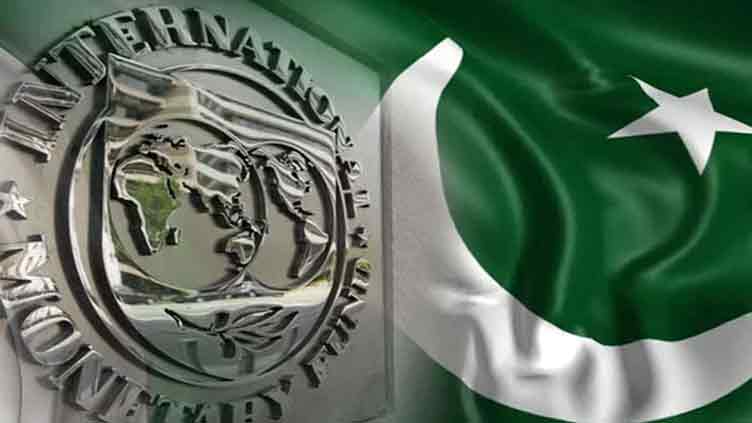Respite for Pakistan as IMF 'receives' $2bn assurance from Saudi Arabia

Business
The Kingdom is expected to make official announcement during PM's upcoming visit to Saudi Arabia
(Web Desk) – Pakistan moved one step closer to the revival of the crucial bailout package of the International Monetary Fund (IMF) as Saudi Arabia has provided assurance for $2 billion in additional deposits to the global lender.
The IMF has informed the Pakistani authorities about the confirmation, one of the major demands for resuming the loan deal stalled since last year.
Pakistan’s loan programme is yet to materialize months after it imposed additional taxes and increased energy prices and allowed free floating of currency to meet conditions laid forth by the IMF. The nation has missed multiple deadlines to revive the deal. The Washington-based lender has asked the cash-strapped Pakistan to seek commitments for new loans from Saudi Arabia and the United Arab Emirates (UAE) before it releases the funds.
Reports said the Kingdom is yet to make an official announcement in this regard. It is expected that the Saudi government would announce the new loans for Pakistan during upcoming visit of Prime Minister Shehbaz Sharif.
Pakistan is now looking towards the UAE to secure another $1 billion deposit in order to reach the staff-level agreement (SLA) with the IMF.
Finance Minister Ishaq Dar is likely make a stopover in the UAE on his way to the US where he would hold talks on revival of the loan deal.
Earlier, the IMF’s resident representative for Pakistan has said the country has a few more tasks to complete to meet requirements for a $6.5 billion bailout.
The economic turmoil could worsen if the IMF bailout is delayed further as foreign exchange reserves continue to deplete. Total foreign reserves stand at $9.82 billion with the State Bank of Pakistan holding only $4.24 billion, which is barely enough to cover three weeks of imports.
The sources said that IMF has also demanded reduction in petrol and diesel imports, also they are asking to cover up the shortfall in petroleum levy and taxes.

